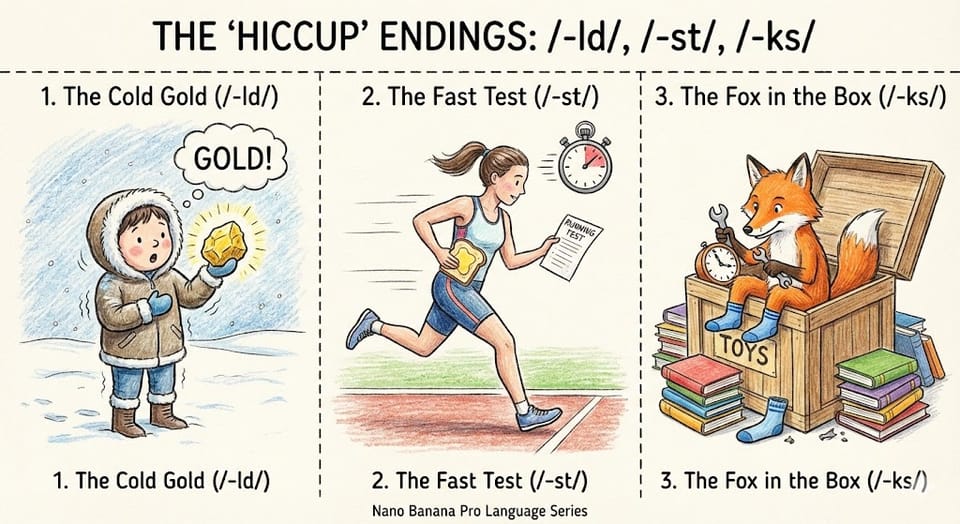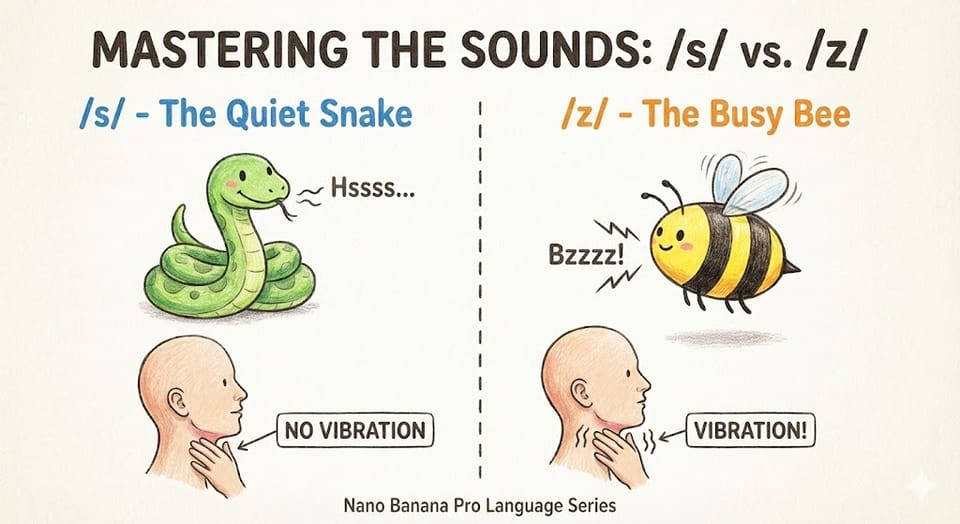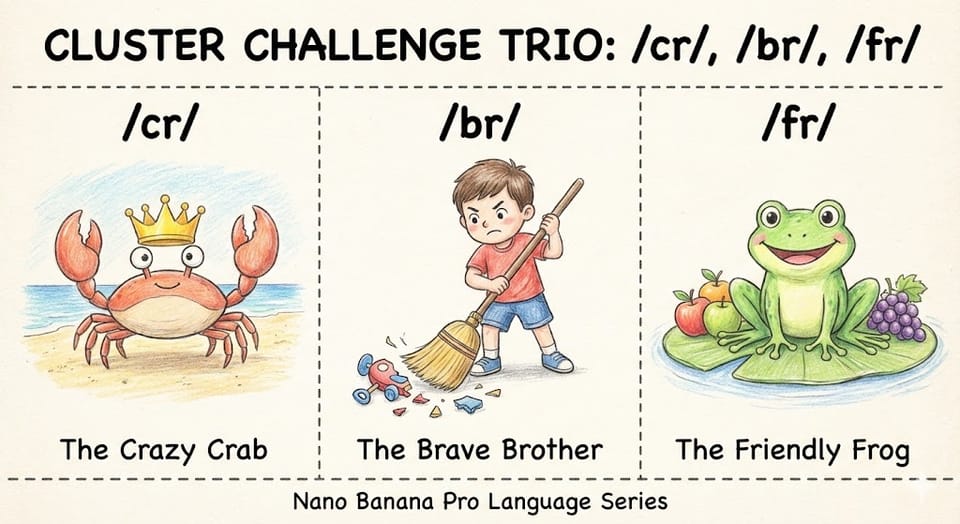Little Red Riding Hood

Discussion Questions:
- Which version of Little Red Riding Hood do you find more interesting or relatable? Why?
- How does changing Little Red Riding Hood from a passive victim to a clever hero affect your feelings about the story as you watch it?
- What is the significance of the wolf ending up at the Three Bears' house? What does this "crossover" add to the story's humor and message?
- Can you think of another classic fairy tale that could be "fixed"? What character would you change, and how would that change the story's moral?




